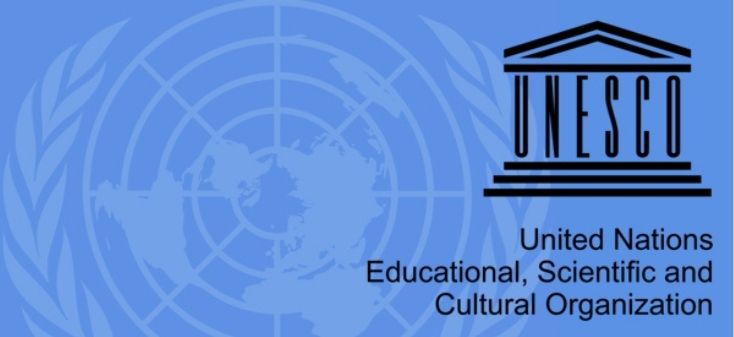UNESCO Chairs Network

- Build capacity through knowledge exchange
- Promote North-South and South-South cooperation
- Achieve UNESCO objectives
- Identify solutions to critical social issues
- Establish new teaching programs
- Accomplish effective and exemplary work
The Chairs Network has established itself as an incubator for excellence and innovation.
What is a UNESCO Chair?
A UNESCO Chair is established for an initial period of four years by means of an agreement between UNESCO and a university or any other institution of higher education and/or research, to initiate programmes that advance teaching, learning and research in areas that are a priority for UNESCO. A Chair may be created to institute a new teaching and research unit, or to strengthen an existing teaching or research programme while giving it an international dimension. In consultation with UNESCO, a Chair holder is appointed to lead the activities of the Chair.
UNESCO Chairs at the University of Victoria
There are currently two UNESCO Co-chairs at the University of Victoria, housed at the Centre for Global Studies.
The UNESCO Co-Chair in Early Childhood Education, Care and Development (ECD), with CFGS Associate Fellow, Dr. Alan Pence as the chair-holder, was approved by UNESCO in 2008 with a primary focus on the promotion of capacity in sub-Saharan Africa for the care and well-being of young children. In 2017, with the 3rd renewal of the Chair, Dr. Pence proposed modification to a Co-Chair structure that would include a ‘next generation’ African ECD leader. Prof. Hasina Banu Ebrahim, an outstanding early childhood scholar and Professor at the University of South Africa (UNISA), was approved as Co-Chair by UNESCO effective July, 2017.
The UNESCO Co-Chair in Community Based Research and Social Responsibility in Higher Education is a joint chair between CFGS Associate, Dr. Budd Hall and Dr. Rajesh Tandon of New Delhi, India (founder and President of PRIA, the Society for Participatory Research in Asia). The objective of the UNESCO Chair is to build research capacity in the global south and the excluded North in the field of community based research. It does this through collaboration with many global networks, through advocacy work with governments and funding bodies and through training.
